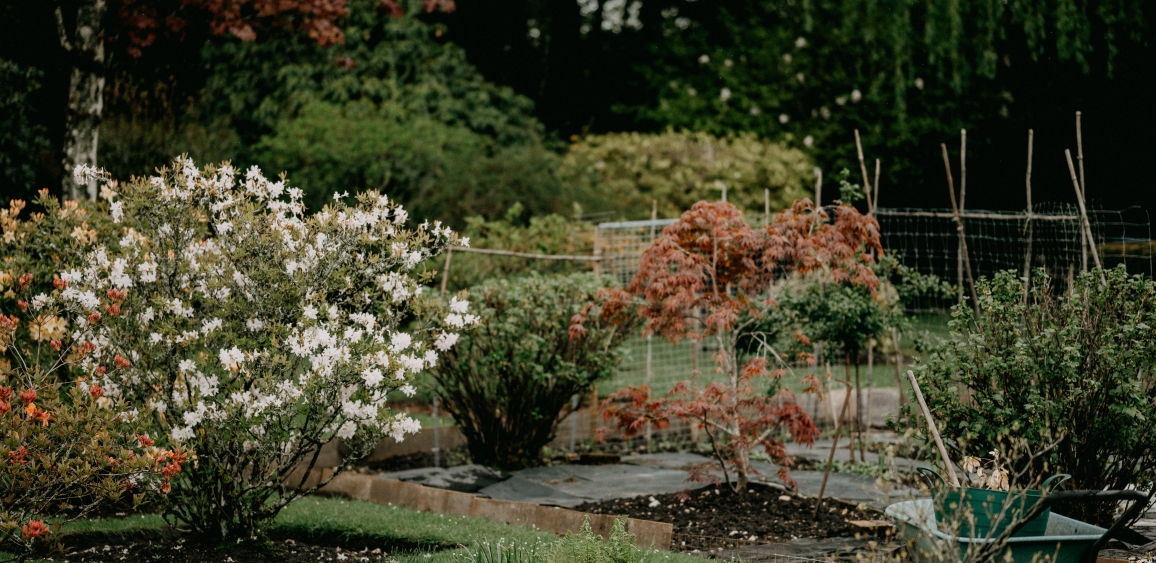Ennio Nonni, INU – URBIT
It is now necessary to broaden the horizon and discover the enormous potential and interactions for everything that falls under the wide concept of “green” as a path to sustainability.
The leitmotif of this meeting on horticultural therapy is to be in continuity with the four recent conferences promoted by INU-URBIT: “Urban green as a catalyst for urban regeneration”, “green in the city: how to face the challenges of climate change”, “The green that heals: the inner space and the city” and “Green therapy: healing with nature”.
Talking about vegetable gardens brings to mind the essential refinement of the medieval ones, up to the urban social experiences of the vegetable gardens for the elderly of the second half of the twentieth century.
The statement “rooftop vegetable gardens and vertical gardens” has become a serious design option and indicates the total absence of any preclusion to the spread of vegetable gardens.
The future is to explore in every place, the great potential of horticulture, in which recreation, cultivation, nutrition, healing and beauty are combined with qualified and creative projects.
Garden therapy is a further direction, with a therapeutic process that starts from the project and arrives at the sale or use of the products. The patient who takes care of the garden, assisted by experts who follow the therapeutic process, discovers additional ways for physical, mental, cognitive rehabilitation.
Widening our gaze to these topics, only apparently niche, means openness to a different world where, in a small garden, can be exemplified some major challenges. Promoting health and psychophysical balance, quality local food, good nutrition that does not consume resources. Finally, the occupation of those abandoned urban wrecks for these purposes can restore dignity and beauty to certain city suburbs: a new hope.
PROGRAMME:
Introduction and coordination:
Ennio Nonni, INU – URBIT
“Vegetable garden and food habits”
Giorgio Calabrese, President of the National Food Safety Committee, Ministry of Health
“The vegetable garden in literature and images from the Middle Ages to the Renaissance”
Giorgio Galletti, Professor of Garden and Landscape History University of Florence
“Role of horticultural greenery and psychophysical wellbeing in the aging person”
Enrico Mossello, University of Florence, Geriatrics
“Research in Therapeutic Horticulture”
Giorgio Prosdocimi Gianquinto, Full Professor of Horticulture and Floriculture, University of Bologna
“The design of a therapeutic garden”
Andrea Mati, Landscape Designer
“The profession of the Horticultural Therapist”
Ania Balducci, Horticultural Therapist
“The Serafico vegetable garden of Assisi”
Beatrice Marucci, Dr. Agronomist
“Villa Ghigi Foundation Bologna: experiences of therapeutic horticulture”
Valentina Bergonzoni, Horticultural Therapist – environmental educator
“Gardens to regenerate human beings and the city”
Silvio Anderloni, Director Bosco in città (wood in the city), Milan
“Great cooking is made in the garden”
Alfonso Iaccarino, Chef Don Alfonso 1890
Conclusions:
Gianni Biagi, INU – URBIT
Italiano

Contributions